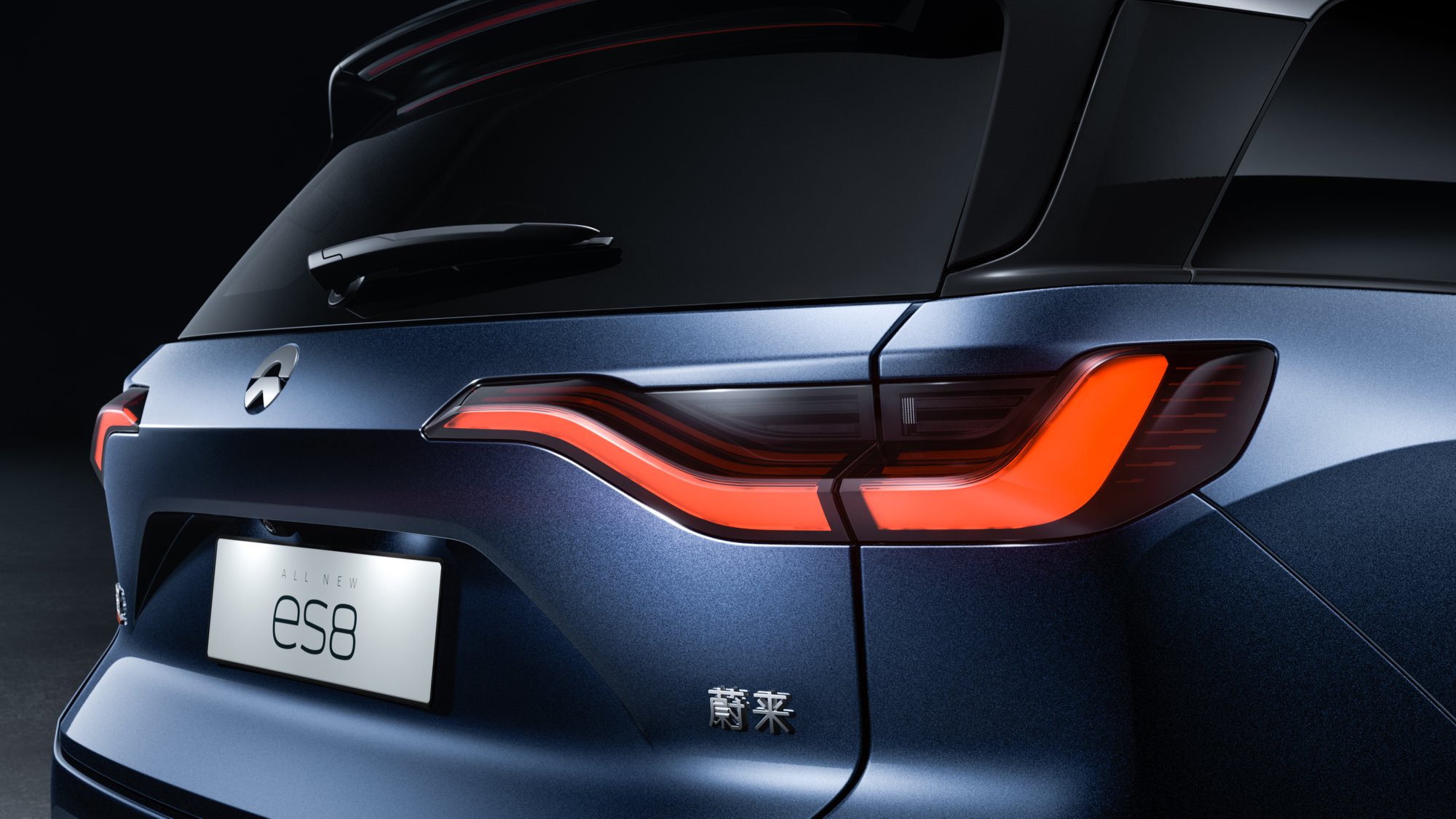All the risks of Chinese electric cars

Chinese electric cars are preparing to conquer overseas markets with their good quality and attractive prices. Is European industry ready to compete and manage security risks?
In the first quarter of 2023, China overtook Japan to become the world's largest automobile exporter. The result is certainly influenced by the increase in flows to Russia after the withdrawal of Western houses, but it is also the consequence of the great growth of the Chinese electric vehicle industry, made possible by years and years of generous public subsidies which have simultaneously stimulated the manufacture and market of battery-powered cars.
The switch to electric power has allowed Chinese companies to "jump" directly to a new technology and circumvent the advantage of Western companies on internal combustion engines. Having won over foreign competition at home, Chinese brands – such as BYD, which has surpassed Volkswagen in sales – are now starting to target overseas markets.
CHINESE CARS AND THE SAFETY DILEMMA
Chris Miller, economic historian and author of Chip War: The Fight for the World's Most Critical Technology , wrote in the Financial Times that the spread of Chinese cars abroad "poses two dilemmas". The first concerns safety: new cars are equipped with dozens of sensors, advanced software systems and semi-autonomous driving capabilities that collect large amounts of data and which therefore pose "security implications" if coming from authoritarian nations. Just like China.
THE GOLDEN POWER ON PIRELLI TIRES
In this regard, Miller mentions the " Pirelli case ", i.e. the Italian government's decision to limit the influence of the Chinese majority shareholder (the state-owned Sinochem group) through golden power , also with the aim of protecting sensor technologies for the tires. The scholar specifies that the government intervention "could be partially motivated by protectionism", but adds that "now even the tire manufacturers are technological companies", given the expansion of sensors and the collection of data. According to him, "the auto industry is not ready to face the intensification of concerns about the safety of Chinese cars".
THE DIVERGENCE OF APPROACH BETWEEN THE UNITED STATES AND THE EUROPEAN UNION
The second dilemma posed by Chinese electric vehicles has to do with the intensification of competition – particularly on mid-range models – for Western automakers: Chinese electric cars are not only of good quality; they also have very competitive prices.
"History suggests" – writes Miller, recalling the tensions between the United States and Japan in the 1970s and 1980s – that Western governments are unlikely to let their car companies lose market share. And in fact the Americans first, under the administration of Donald Trump, imposed tariffs of 27.5 percent on imports of Chinese vehicles; while now, through Joe Biden's Inflation Reduction Act, they are offering subsidies to local manufacturing of electric cars and components , explicitly excluding Chinese products.
The car market in the European Union, however, has no barriers. To the point that the presence of incentives for electric vehicles is favoring the cheaper Chinese models and causing an increase in imports (also to blame, writes Miller, for the slowness with which European houses have converted to the new technology). However, France would like Brussels to adopt a more protectionist approach, similar to the US one. But Germany is against it, fearing that China, in retaliation, could limit access to its market and thus damage the business of German companies.
– Read also: Electric cars, because there is a Volkswagen-Renault clash over tariffs on China
CUT PRICES TO DOMINATE FOREIGN MARKETS
Fears that the European market could be flooded with Chinese electric cars are amplified by the slowdown in Chinese demand for battery-powered vehicles. To stimulate purchases, manufacturers are therefore cutting – even significantly – the prices of their models. It is a "traditional" approach, in a certain sense, of Chinese industry: when there is a situation of internal overcapacity, it is compensated with exports abroad at reduced prices.
This is a machine translation from Italian language of a post published on Start Magazine at the URL https://www.startmag.it/smartcity/auto-elettriche-cina-rischi/ on Sun, 16 Jul 2023 05:10:58 +0000.
